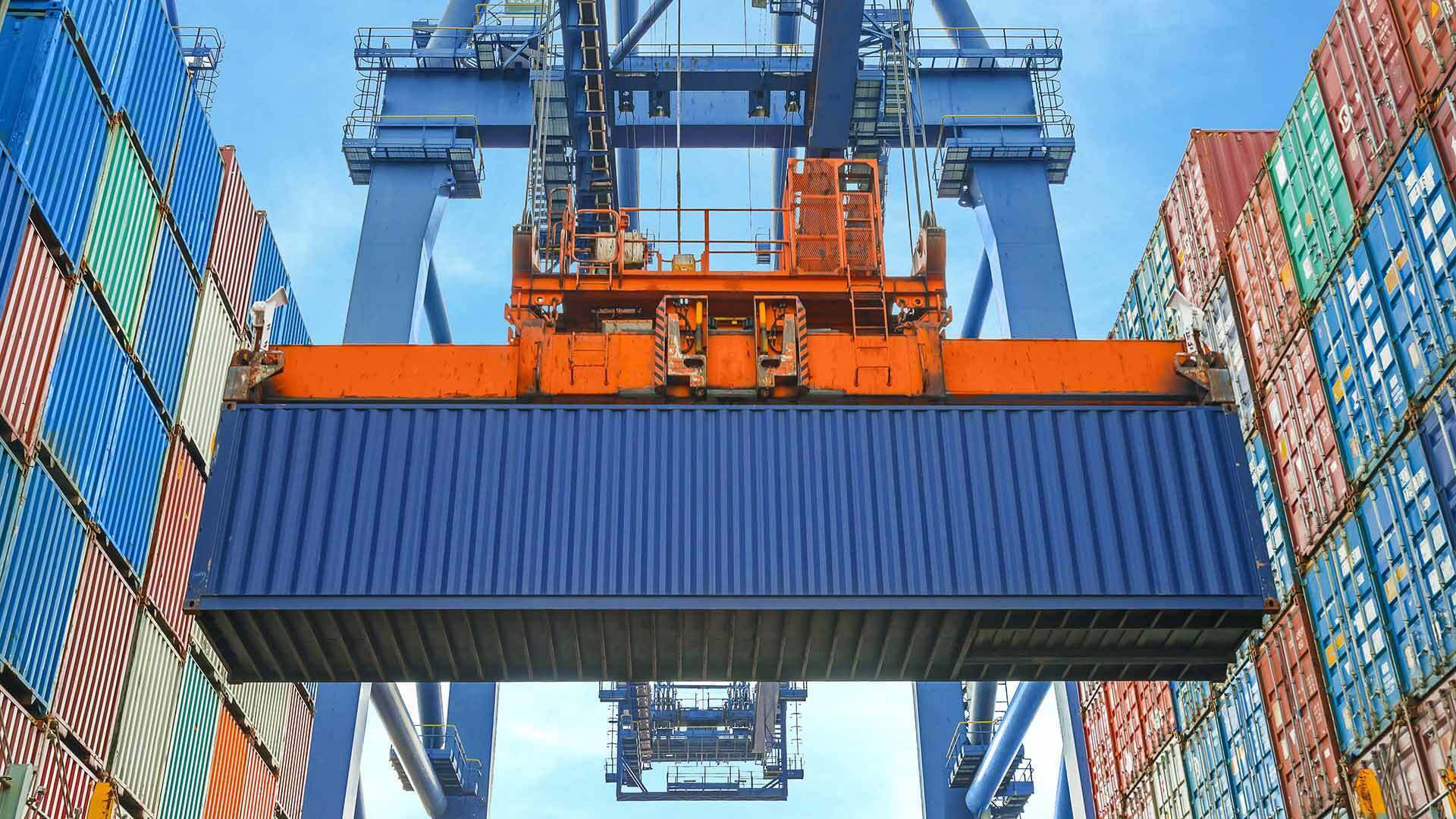- April 06, 2020
- By Sandor Boyson
The United States is reaching a defining moment in its frontline health systems, as personnel responding to the coronavirus outbreak face alarming shortages of necessary protective and therapeutic equipment, writes Sandor Boyson, a research professor in the UMD Robert H. Smith School of Business.
Writing in The Hill, the supply chain expert called for the federal government to designate the Defense Logistics Agency, which he says can help save collapsing medical supply chains.
As a professor of supply chain risk management, I have had deepening concerns about the abilities of our national supply chains to respond to the six-month inventory disruptions and transport volatility that can accompany such contagions.
As a former nurse who had engaged in medical logistics, I was left speechless when my family member, a physician, told me of being issued a pair of N95 masks meant for one-time use. His employer, one of the finest health systems in the country, advised him not to expect any more “in the foreseeable future.” Without them, his surgical team had to cover patients’ faces in Saran Wrap, poking a hole in the mouth area for intubation to try and block any virus aerosol. This supply failure is a shocking vulnerability our doctors and nurses must live (or die) with each day now.
The federal emergency stockpile of medical equipment and supplies reportedly is nearly depleted, leaving the Trump administration and states to compete for the supplies in a global marketplace and be exposed to price gouging and profiteering.
Read the rest in The Hill.
